Written by Mindee Arnett
With the pending release of my second book in the Arkwell Academy series, The Nightmare Dilemma, I’ve been thinking a lot about sequels. You know, the basic questions, like what makes a good one and what doesn’t. I suppose one could argue that the simplest way to ensure a good sequel is to not set the bar too high with the first story. Take Star Trek: The Motion Picture, for example. After that snoozefest, The Wrath of Khan could’ve been about Kirk and his crew battling it out with rabid, zombie Tribbles and it would’ve been successful. However, setting the bar low isn’t something any storyteller—filmmaker or novelist—would do on purpose. (Unless you happen to be Uwe Boll, but we won’t go there.)
No, the real answer, I’m afraid, is that there is no definitive answer. Instead there seem to be some common ingredients in good sequels.
The first of these is what I like to call The Domino Effect. This is where the events of the first story inevitably cause the events of the second. One of my favorite film examples of this is the way the events in The Wrath of Kahn led to The Search for Spock, which in turn led to The Voyage Home. Granted, The Search for Spock is an overall suck fest, one involving Christopher Lloyd playing a Klingon, no less, but the Klingon flea trap of a ship the crew ends up on for The Voyage Home is a brilliant idea that supplies at least half of the plot. Watching the three movies in succession makes for a satisfying experience. By the end I feel like I’ve lived the life of these characters I know and love.
Another key ingredient for a successful sequel is the feeling that the sequel must exist because the story just isn’t done yet. It hardly seems necessary to give examples here, but if you need some, look no further than The Lord of the Rings and the original Star Wars Trilogy. Leaving a story-goer with unresolved conflicts almost always leads to satisfaction when they are finally resolved. For good book examples of “essentialness,” look no further than The Lunar Chronicles by Marissa Meyer and the The Grisha Trilogy by Leigh Bardugo.
On a side note, I think a complete lack of essentialness is the single biggest cause of sequel disaster. My favorite (read: most hated) movie example of this is the Pirates of the Caribbean. The Curse of the Black Pearl was good. The story felt complete. I want Will Turner and Elizabeth Swann to have that ending forever.
Speaking of characters, this leads me to the final ingredient for a successful sequel—taking the characters to a new place. I want to see them face a new challenge, like Batman taking on the Joker in The Dark Knight. I want to see them grow stronger, like Sarah Conner transforming from bad-perm-rocking wimpy girl into chin-up-queen badass. I sometimes even want to watch them regress, like Michael Corleone’s downward slide into corruption in The Godfather Part II.
Of course as I said before, these are just ingredients for a good sequel, not the recipe. Putting them all together is on the storyteller. These ingredients are doubly important when it comes to books, where you can’t hide plot holes and poor character development behind stunning visual effects and action scenes. For my own sequel, all I can say is that these ingredients are there, and it’s up to the reader to determine if it’s up to tastes. Here’s to hoping so.
…………………………
From the Tor/Forge February 17th newsletter. Sign up to receive our newsletter via email.
…………………………
More from the February 3rd Tor/Forge newsletter:
- TOP SECRET: A Letter from the Resistance by Kristen Simmons
- When Stories Attack by Jenna Black
- YA Grab Bag Sweepstakes

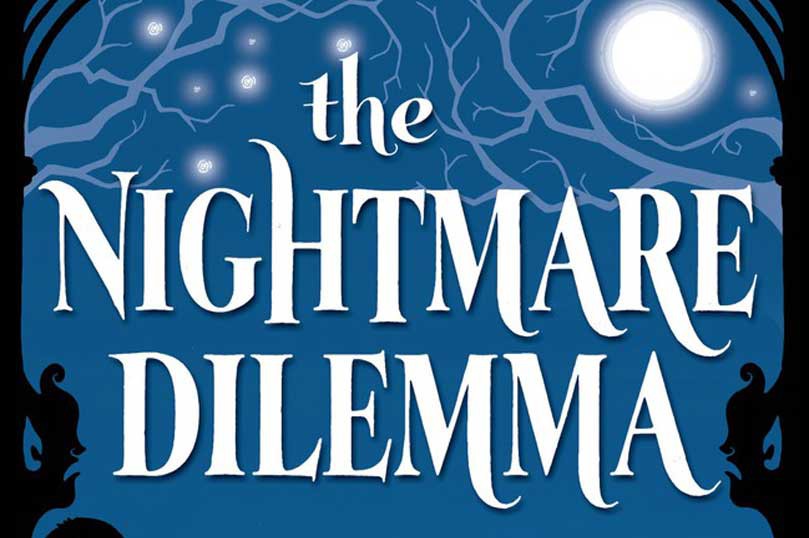


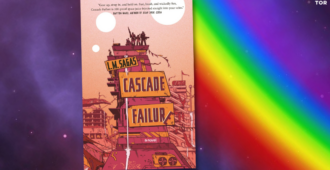
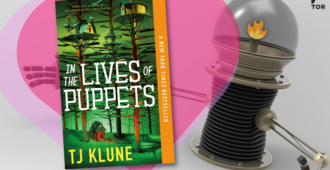
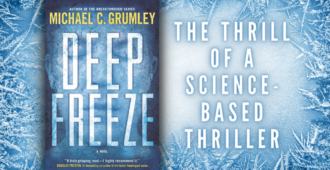
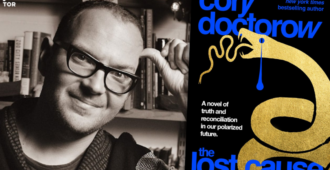
It would be more professional if a columnist (in my opinion) learned to spellcheck her column before publication. I refer, of course, to “The Wrath of Kahn,” promulgated by Mindee Arnett.
Unless Star Trek brought out a Jewish antagonist I haven’t heard of yet, I believe Mindy should have referred to “The Wrath of KHAN,” meaning Khan Noonian Singh.
Just sayin’.
Steven – that was probably my fault, sorry! I’ve corrected the spelling; thanks for pointing it out. -CA
It’s odd that on a literary site, an article about book sequels, basically all of the column is about movie sequels, with only a perfunctory mention of a few books.
Movie sequels are very different to book sequels. If he’s publishable at all, an author just has to be determined to keep going to do a series as long as he has something to say.
Start Trek: The Motion Picture suffered from actually requiring the engagement of the viewer’s mind. Folks who fell asleep during the picture were merely avoiding the difficult and tiring task of thinking.